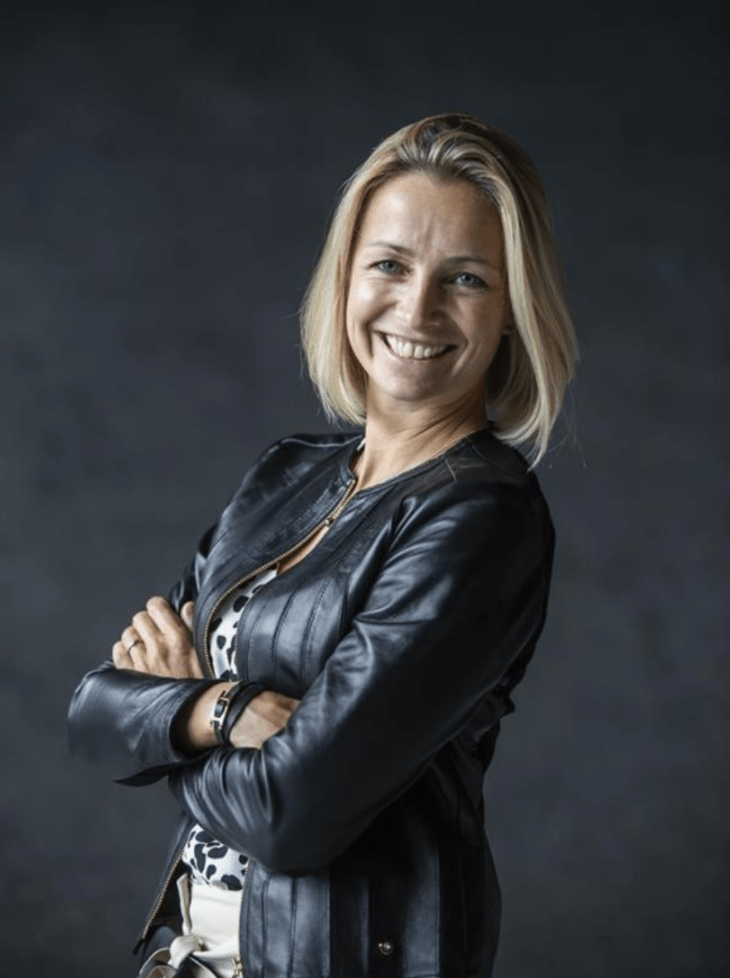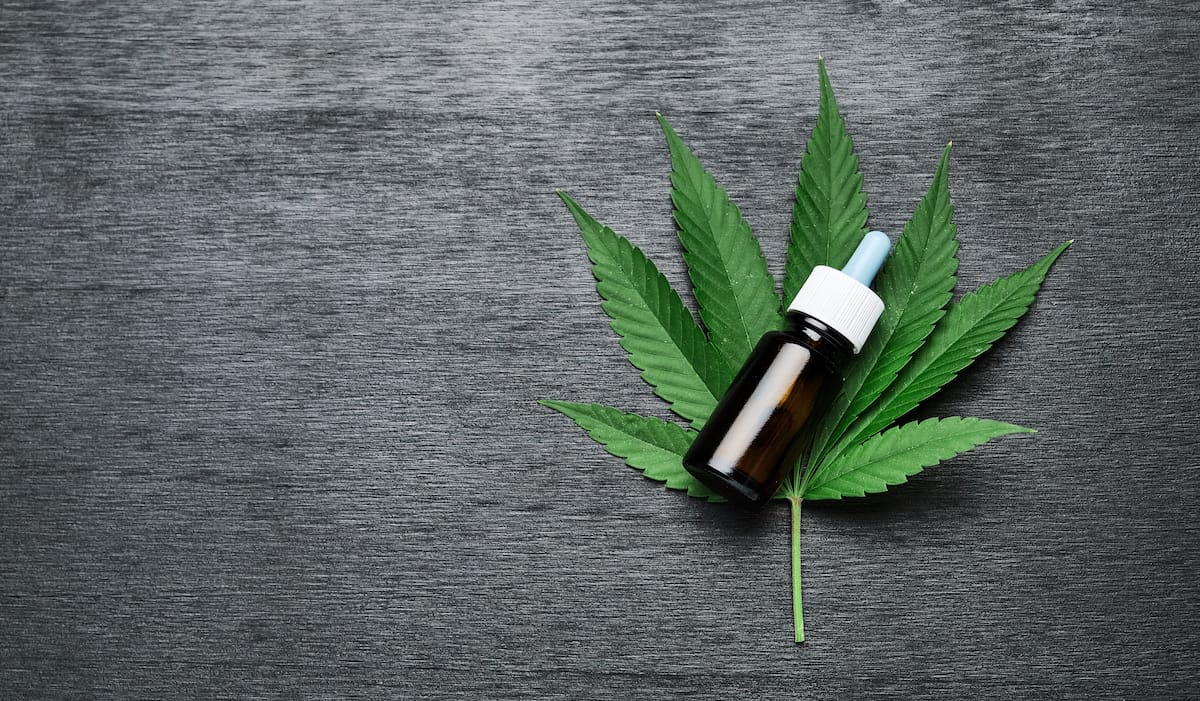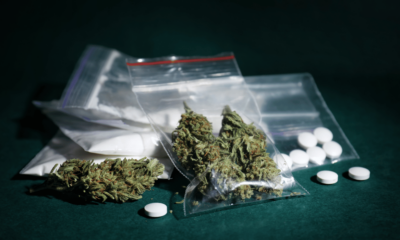The European Industrial Hemp Association (EIHA) has launched the largest human trial on the toxicological effects of trace amounts of THC in food products – but will it be enough to persuade regulators to approve full-spectrum CBD?
With an investment of 1.6 million Euros, the EIHA will assess 200 participants across a 30-day period in an effort to demonstrate to European regulators that trace THC is safe to consume.
Results from the study are expected to be released in the summer of this year.
Last month, the EIHA submitted three novel food applications on behalf of its members to both the European Food Safety Association (EFSA) and the UK’s Food Standards Agency (FSA).
These included an application for isolate-based, synthetic and full-spectrum CBD products.
Although the EIHA are in full agreement with the European Commission that isolate-based CBD should be classed as a novel food, it argues that full-spectrum products should not fall under the same regulations.

Lorenza Romanese, managing director at EIHA
Managing director at EIHA, Lorenza Romanese, told Cannabis Health: “When it comes to low levels of cannabinoids in food, this has been sold on the market for 25 years.
“It is not novel. For us, these do not deserve any novel food application prior to putting them on the market.”
According to Romanese, the full-spectrum application will be the organisation’s biggest challenge. Full-spectrum products contain the entire range of compounds found in the hemp plant, including trace amounts of THC.
In some cases, full-spectrum CBD products contain a larger concentration of THC than what is permitted under current guidelines.
However, Romanese believes that these guidelines are “wrong, old and outdated”.
European guidelines on THC are based on just two studies. The first was conducted in 1993 with a cohort of thirty-one HIV patients. The second study, conducted in 2011, involved just eleven participants.
“They are completely ignoring 30 years of literature around cannabis,” she said.
“If we really believe that the full spectrum is the right product for the market, we need to tackle THC.”
With its ground-breaking study, the EIHC aims to fill the gap in scientific research surrounding the psychoactive compound found in hemp and cannabis.
“Full-spectrum is a challenge because there are some studies that are missing,” Romanese said.
“This is why we have decided to stick together and invest this money on behalf of our members, and in the name of the sector, to dig into this scientific topic that deserves toxicological studies.”
To ensure the results of the study are as safe and reliable as possible, the researchers will multiply its findings for uncertainty factors.
This number is fixed for certain substances. For example, alcohol requires no multiplication. Meanwhile, Nicotine has an uncertainty factor of 4.4 and codeine has a factor of 5.
The uncertainty factor for THC, on the other hand, is between 20 and 40, almost ten times higher than nicotine and codeine.
Romanese hopes that the ongoing toxicological study will make regulators more comfortable with the concept of full-spectrum CBD and allow for its members to continue producing and selling products containing trace THC.
However, if its full-spectrum application is not accepted, the association says it will not stop there. Following the initial decision is a nine-month period referred to as ‘assessment’ in which applicants can negotiate and debate with decision-makers.
“What I hope is that [regulators] will not reject full spectrum on principle. I will be very upset if they are not embracing science.
“The application takes a lot of work so it should not be refused on principle. They have to [explain why]. It will then be a negotiation with them to understand their decision.”
The EIHC was formed to support the three main families of the hemp sector: farmers, processing companies and traders.
Alongside its efforts to support companies through the novel food application, the organisation is also promoting hemp as an agricultural product and working to establish a clear legislative framework for the hemp plant.
In 2019, the European Commission launched the Green Deal, a project that aims to make Europe more sustainable while continuing to grow economically. Romanese says hemp can play an integral role in these ambitions.
“Climate change is here, and we need to tackle it. Hemp means no pesticides and little, if no, fertilizer. And on top of that, hemp helps the soil, the biodiversity, the pollinators and it stocks a lot of CO2 in the soil.
“The future of hemp could be bright. It’s super beneficial for the entire planet and I feel very proud to represent something that is very green, clean and supportive for the objectives of the Green Deal.”

 News6 months ago
News6 months ago
 News6 months ago
News6 months ago
 News6 months ago
News6 months ago
 Science5 months ago
Science5 months ago
 Industry5 months ago
Industry5 months ago
 News6 months ago
News6 months ago
 Medical cannabis6 months ago
Medical cannabis6 months ago
 News5 months ago
News5 months ago













